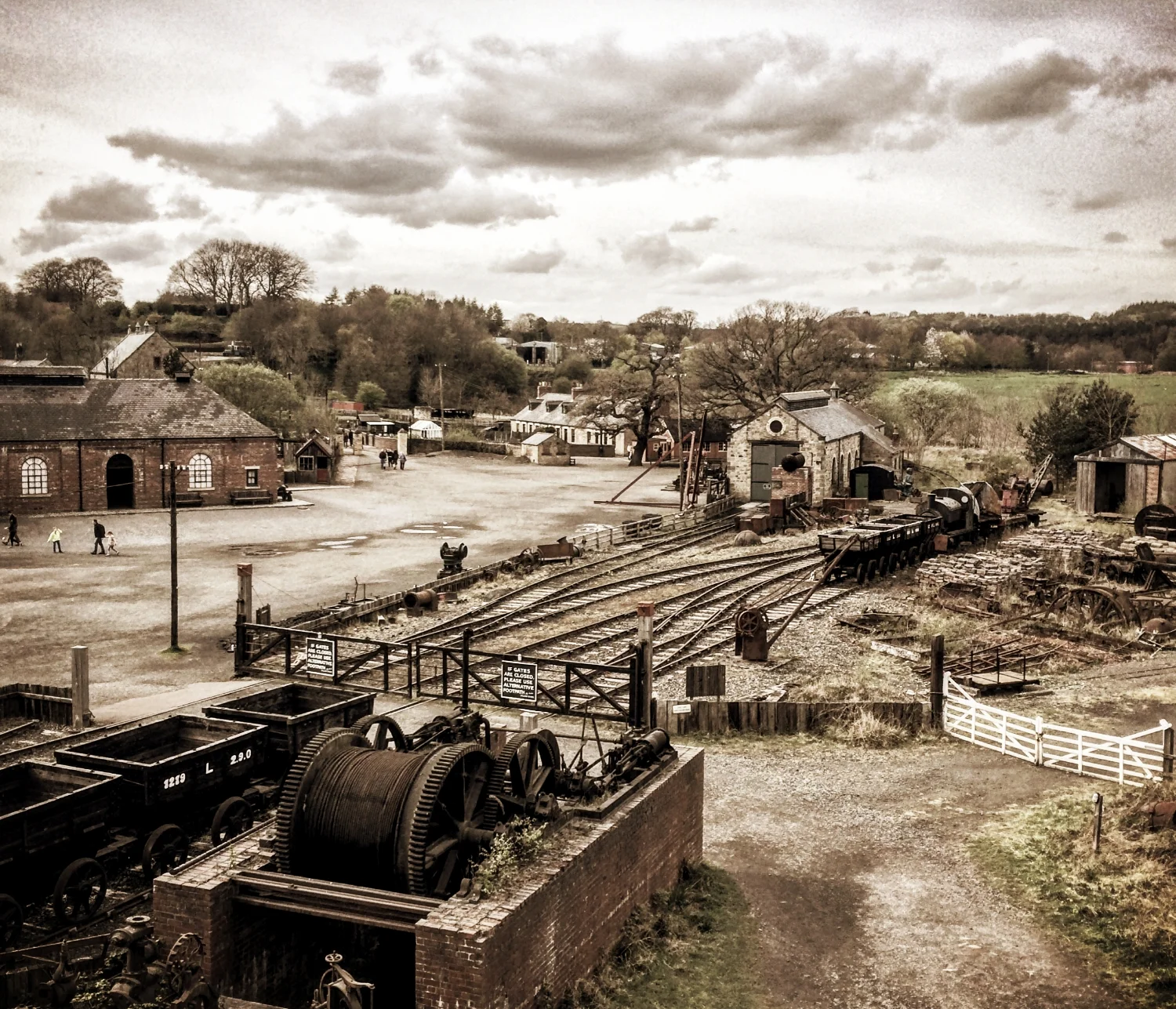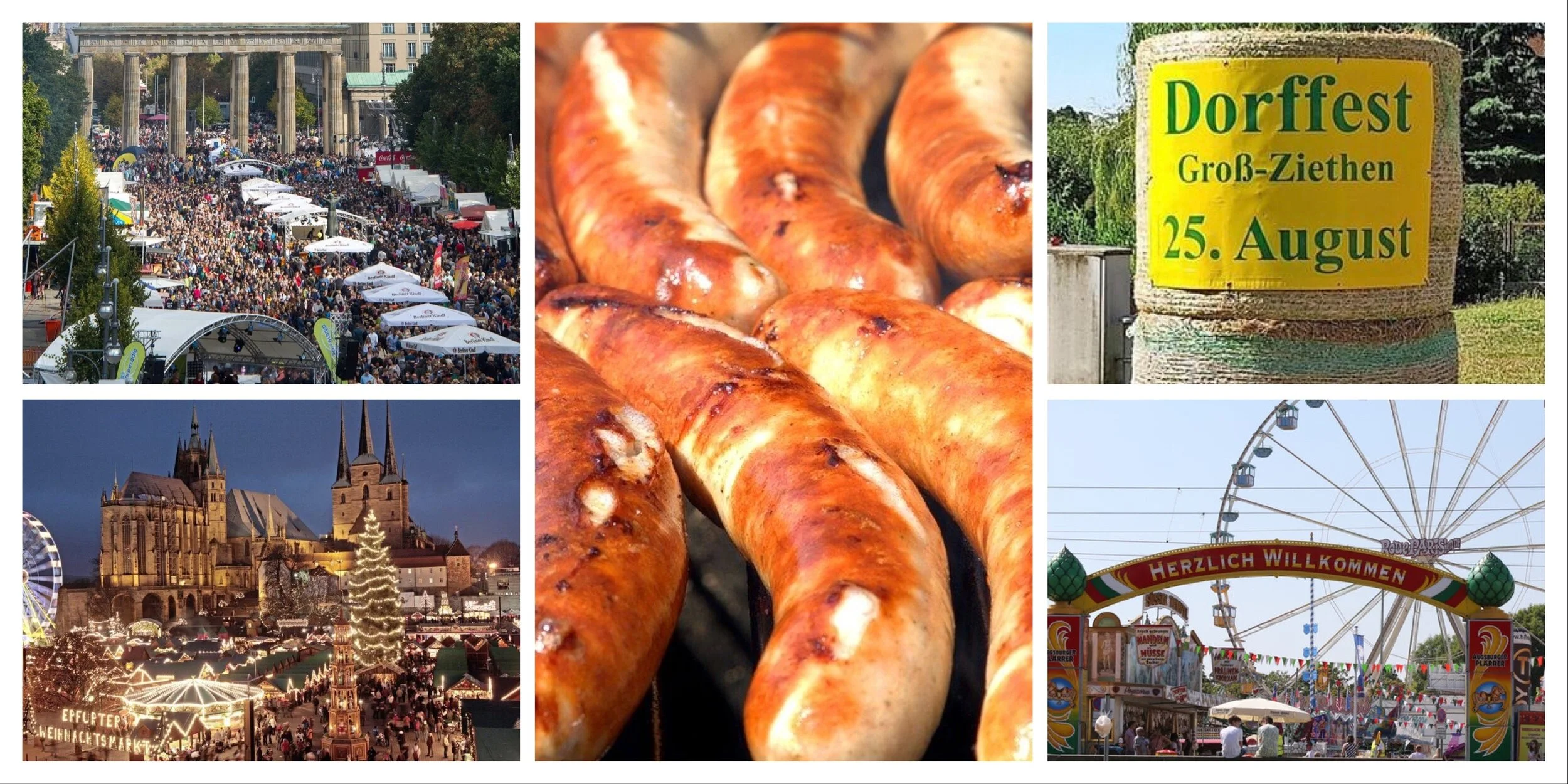Maibaum Madness: Celebrating May Day in Germany
As with all things in Germany, depending on which Bundesländer (regional states) you reside, will depend on which ways you celebrate the arrival of May 1st. It is traditionally a day of direct action, celebrating International Workers Day with marches, speeches and often confrontations between hard-line anarchists, the far right and police. Germany has had it’s fair share of trouble from these groups in the past, both on May day and at various other times in the year, but the annual 1st May Labour Day March is only one of the many ways that Germany marks the start of May and the beginning of Spring. In fairness, the Spring Equinox actually occurs on the 20th March, but due to the unpredictability of the weather, 1st May might be a safer bet for the start of Spring.
The celebration of May day is not an entirely alien concept to me, I know that in parts of the UK, the May Day Bank Holiday is celebrated with may pole dancing, that can frequently lead to a larger outbreak of Morris dancers. Back in my home city of Newcastle, May Day has a particular significance. Whether related to the Labour Movement, or just the particular way Northerners choose to celebrate, 1st May sees scores of Geordies head to the coast, namely Whitely Bay, to spend the day drinking and should the weather decide to play nice, sunning themselves on the beach.
Between the end of Easter and the beginning of May, Germany transitions from selling preposterous numbers of curiously designed Easter Rabbit themed decorations, to a full on celebration of all things Frühlings (Spring). The first indication of this is the arrival of Frühlingsmärkte or Spring Markets, selling all manner of different things, from plants, to household wares that may need replacing. Nothing marks the turning of seasons better than the purchase of a couple of new pans and a scrubbing brush.
Following on from the Spring markets, many towns and cities see the first round of Volksfests and Dorfests, often held in specially built Festplätze or festival areas. These are best described as mini Oktoberfests, although this might be an unfair comparison. Where the Oktoberfest has increasingly become an example of the commercialisation of German traditions, the local Fests still retain much of their local charm. The beer still comes in 2 litre glasses, the benches are still set up in organised rows and the music can still range from the traditional Blasmusik to AC/DC. Crucially, there are fewer crowds and more importantly, cheaper beer.
One thing that is easily noticeable after the 1st May public holiday is the arrival of the Maibaum. From the smallest village, to the largest of cities, Maibaums are erected on the evening of April 30th or on the Morning of May 1st. As ever, each region has a different way of doing things: some use the same May-pole topped by a different tree every year, others annually find the largest tree in the local area and cut it down to carve with elaborate symbols. The job of decorating and finally putting it in place is a community activity, with multiple generations in a village taking part. Some regions have processions through the town, village or city and others may follow the event with a Tanz in den Mai (Dance into May). In some cases the local fest will coincide with the beginning of the local festzeit.
When I first learned the significance of these trees dotting the landscape, I was also told about a secondary tradition that can directly impact the success of a village's Maibaum construction. In some areas, the night before the Maibaum goes into place becomes a chance to win some local pride at the expense of neighbouring villages. Having selected the right tree, decorated it in preparation of festivities, the village then begins the gruelling task of an all night vigil to prevent their prize conifer from being stolen by marauding bands of rivals from other villages. Should a village fail to protect their tree, they are faced with completing a challenge set by their opponents, often involving some element of public embarrassment.
This might sound like something akin to the Hunger Games, but it is a strong enough tradition to inspire a local radio station to undertake the task. Antenna Bayern recently ran a series of Maibaumklau (May tree theft) specials where they attempted, and succeeded in stealing a village Maibaum, forcing their vanquished foe to build a Christmas market in May, complete with snow, as punishment.
Trees also figure into another German tradition, one which has a more unifying intention than the Maibaumklau. On the night of April 30th, young German men can be seen, under the cover of darkness, leaving small, decorated Maibaums outside the homes of young ladies. These trees signify, if not full on love than at least a passing fancy in the recipient. Flowers might be the more traditional method of expressing a persons feelings, but at a pinch a nicely decorated tree will fill that gap. However, be wary of trees decorated in white. Those are not delivered with romantic intentions, but as a warning that the occupant of the home is either unwanted or worse an enemy. The world may still be adjusting to the concept of online bullying, but in Germany people have to get to grips with coded tree messages.
Although the exact nature of the German traditions may differ from the UK, there are many common themes such as dancing, drinking and maypoles. The Germans may not have reached the point of waving hankies at each other and shouting “hoy” in unison, as the Morris dancing community of the UK has been doing for centuries, but there is still time for that particular tradition to spread. It might be better, after some thought, that we do not mix our traditions too much. The Germans have become adept at constructing Maibaums, even while under the influence of 2 litre glasses of beer. I would hate to think of the level of destruction that could be caused should the revellers of Whitely Bay start doing the same.









